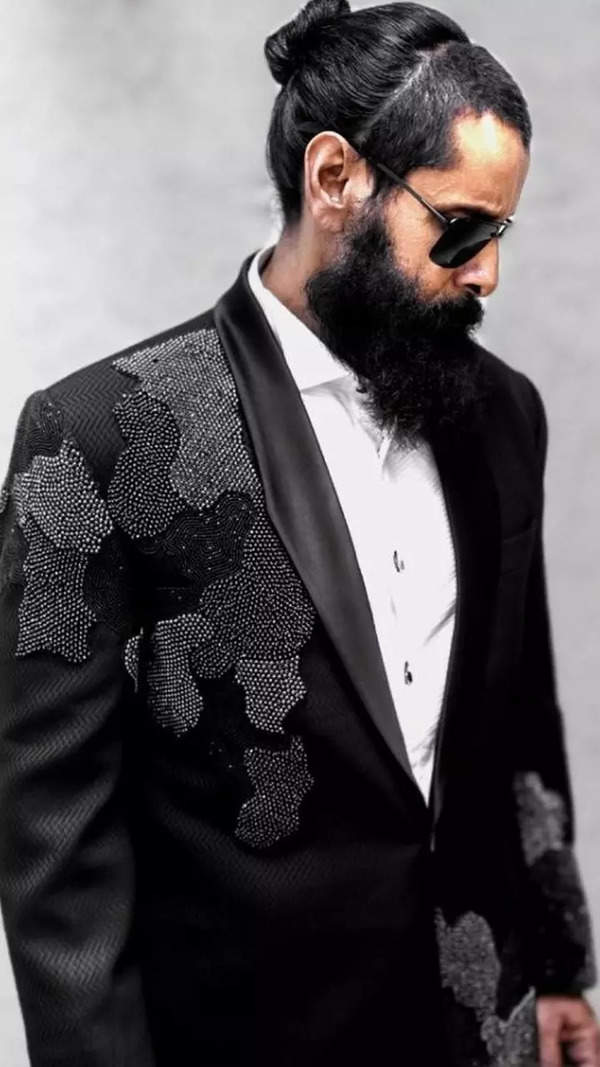- News
- Technology News
- Tech News
- Bill Gates didn’t follow this ‘rule’, but it was non-negotiable for daughter Phoebe
Trending
Bill Gates didn’t follow this ‘rule’, but it was non-negotiable for daughter Phoebe
Phoebe Gates, daughter of Bill Gates, is redefining her family's legacy. She discusses her upbringing and the values instilled by her parents. Despite her father's success as a college dropout, she was encouraged to complete her degree. She addresses the 'nepo baby' narrative and the pressures of her family name.
When your father is Bill Gates—Microsoft co-founder, philanthropist, and one of the world’s richest individuals—public perception tends to blur the line between fact and fantasy. Gates’ staggering net worth, currently estimated at $147 billion, often leads many to assume that his children enjoy a life devoid of limitations. However, Phoebe Gates, the youngest of Gates' three children, offers a far more nuanced picture.
At 22, Phoebe is actively challenging assumptions about privilege and legacy. In a recent interview on her podcast, The Burnouts, she candidly discussed what it’s really like growing up as the daughter of a tech icon, including the strict rules she was expected to follow—even those her father once broke himself.
Bill Gates broke this rule, but demanded his daughter follow it
While Bill Gates famously dropped out of Harvard University to launch Microsoft, that same option was not on the table for his youngest daughter. During her recent podcast episode, Phoebe revealed that dropping out of college was not something her parents would even consider. She studied Human Biology at Stanford University and was strongly encouraged to complete her degree, regardless of her family’s entrepreneurial history.
This rule was firmly enforced to emphasize the importance of education and commitment, reinforcing the idea that privilege does not substitute personal discipline and achievement.
Bill Gates plans to leave his children less than 1% of his fortune
Despite Bill Gates’ immense fortune, his children—Jennifer (28), Rory (25), and Phoebe (22)—are not in line to inherit the billions many might expect. The tech mogul has long emphasized that his children will receive a relatively small portion of his wealth, reportedly less than 1% each. This decision stems from a conscious effort to instill values of independence, hard work, and self-determination. Gates has publicly stated that he wants his children to create their own paths rather than rely on inherited money. This approach aligns with the broader philanthropic mission of the Gates Foundation, which seeks to redirect most of the family fortune toward global health, education, and poverty alleviation initiatives.
Challenging the ‘nepo baby’ narrative
Phoebe also addressed the public perception of being a “nepo baby”—a term used to describe children of influential or wealthy figures who are assumed to have success handed to them. While she acknowledged the undeniable privileges she has benefited from, Phoebe shared that growing up under the shadow of such a famous surname also brought significant pressure. At Stanford, she experienced persistent self-doubt and felt the need to prove her worth independently of her family name.
“There’s always this underlying voice that says, ‘Did I earn this, or was it given to me?’” she explained, illustrating the internal battles that accompany public scrutiny and expectation.
Bill Gates' daughter says wealth came with responsibility
Contrary to popular belief, Phoebe described her childhood as structured, values-driven, and far from the extravagant lifestyle many might expect. According to her, the Gates household emphasized humility, responsibility, and purpose. These values were reflected in everything from education to financial awareness. Even simple privileges came with context, reinforcing the idea that their position came with responsibilities, not entitlements.
Phoebe Gates tackles youth burnout in new podcast
Now a college graduate, Phoebe is turning her attention to conversations around mental health, identity, and ambition through her podcast, The Burnouts. The show aims to create a platform where young people can discuss the challenges of navigating success, pressure, and personal identity in a highly competitive world. By drawing on her own experiences and hosting diverse voices, she hopes to foster greater understanding and empathy in discussions about youth burnout and modern expectations.
Also read | Genshin Impact Codes | Fruit Battlegrounds Codes | Blox Fruits Codes | Peroxide Codes
End of Article
Latest Mobiles
Follow Us On Social Media





















